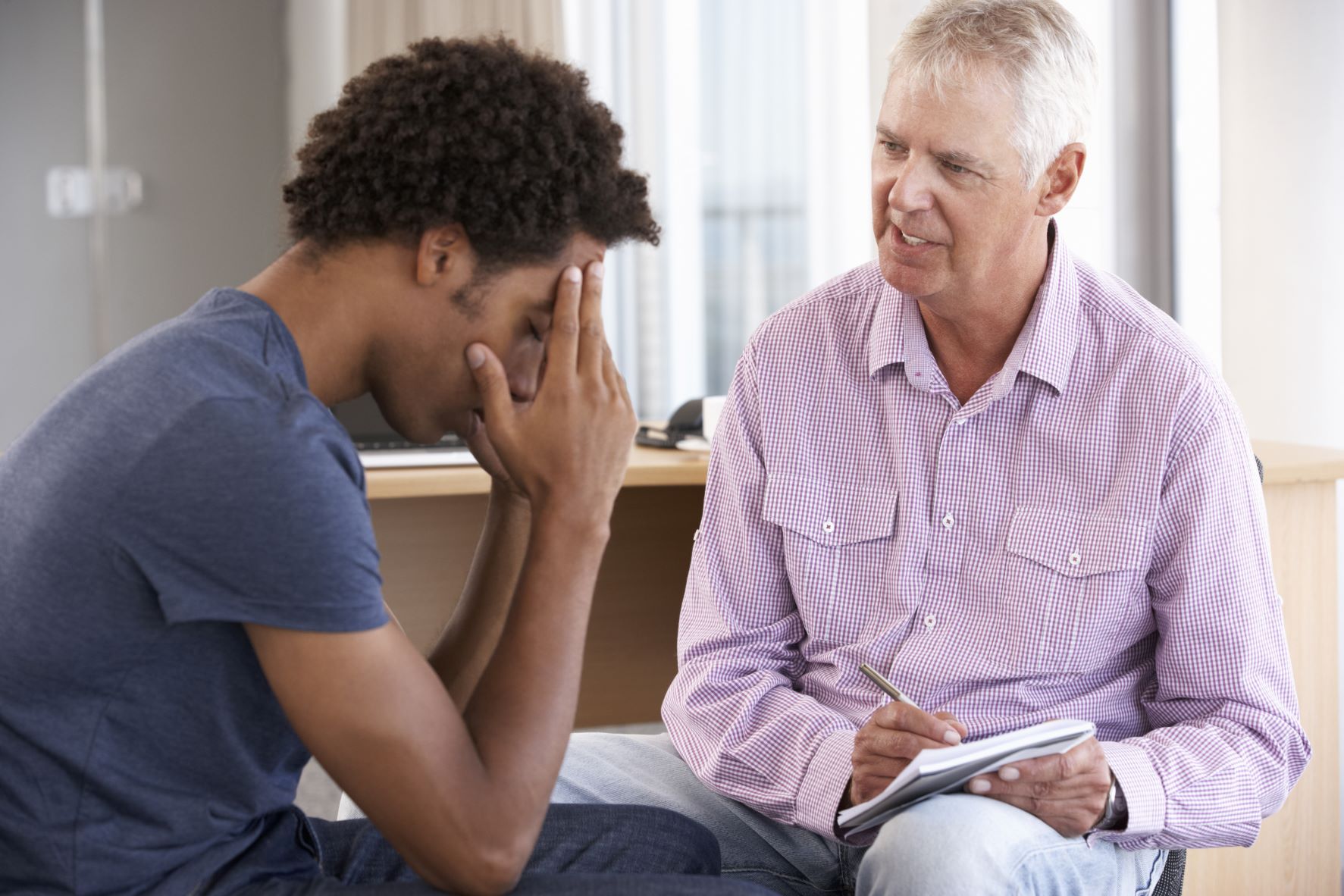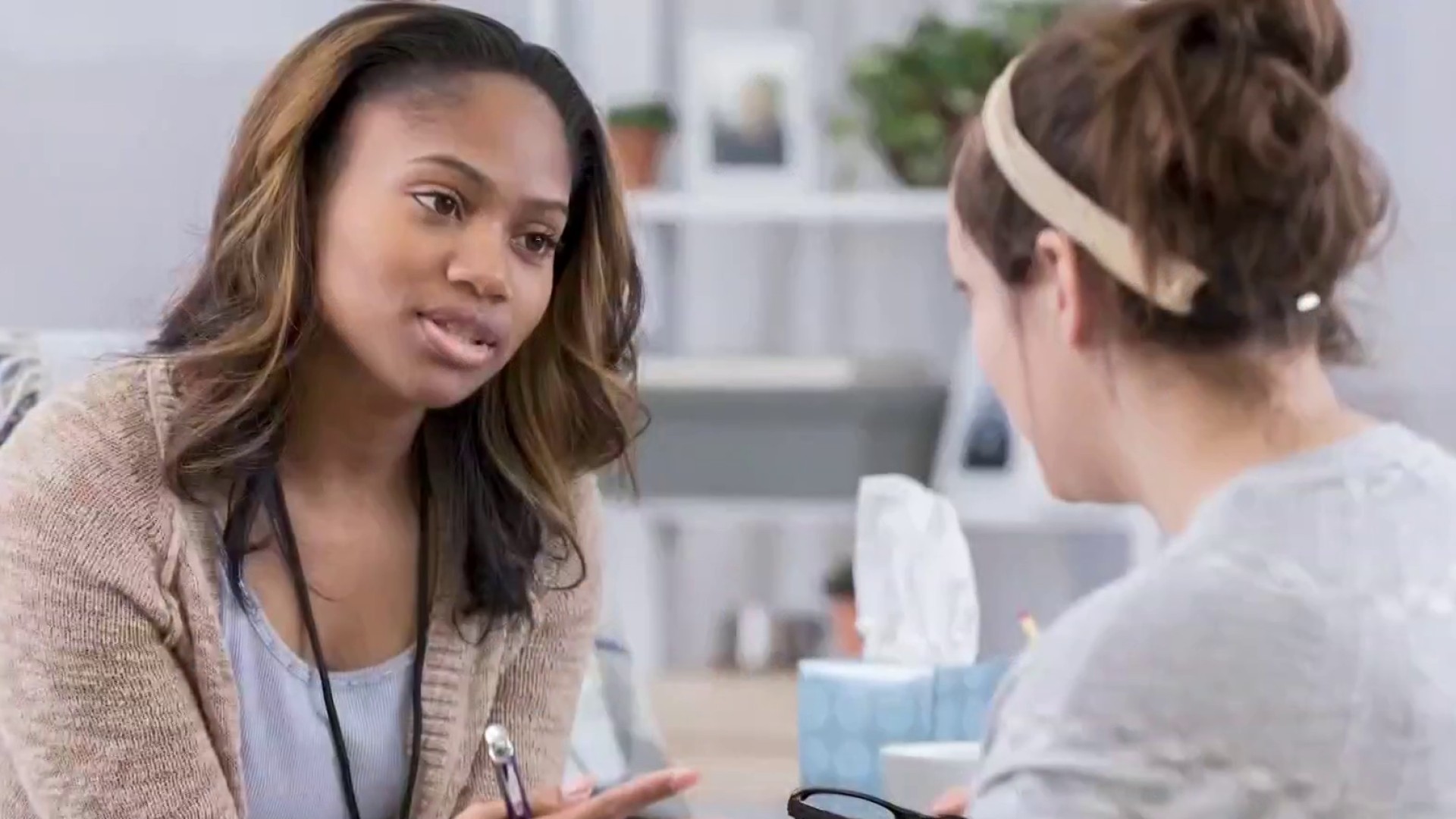
Mental health is a vital part of overall well-being. Yet, many people struggle in silence, unsure of where to turn or what help is available. In Ohio, mental health services are designed to provide individuals with comprehensive support, no matter their age, background, or condition. Whether you’re dealing with anxiety, depression, trauma, or substance use, Mental Health Treatment in Ohio offers a wide range of services to help you heal and regain control of your life.
This blog will walk you through the different types of services included in Ohio's mental health care system. If you’re seeking help for yourself or a loved one, understanding these services can be the first step toward lasting recovery and emotional balance.
Outpatient Therapy and Counseling
Outpatient services are the foundation of Mental Health Treatment in Ohio. These services are ideal for people who need support but don’t require 24/7 care. Outpatient therapy may include:
- Individual counseling – One-on-one sessions with a licensed therapist to explore thoughts, emotions, and behaviors.
- Family therapy – Helps improve communication, resolve conflict, and support family members affected by mental illness.
- Group therapy – A safe space for individuals with similar challenges to share and support one another.
- Couples counseling – Assists couples dealing with relationship issues, mental health struggles, or addiction-related problems.
Therapy is typically structured on a weekly or biweekly basis, allowing clients to apply what they learn in real life while maintaining their daily responsibilities.
Medication Management
Many people living with mental health conditions benefit from medication as part of their treatment plan. In Ohio, psychiatric professionals—including psychiatrists and nurse practitioners—offer medication management services to ensure safe and effective treatment.
This includes:
- Assessing the need for medication
- Prescribing the right medications
- Monitoring side effects and progress
- Adjusting dosages as needed
Medication is often combined with therapy to improve overall outcomes. Conditions like bipolar disorder, schizophrenia, anxiety, and depression can be managed more effectively with this dual approach.
Crisis Intervention Services

Mental health crises can happen without warning. Whether it's a panic attack, suicidal thoughts, or an intense emotional breakdown, immediate help is essential. That’s why Mental Health Treatment in Ohio includes robust crisis intervention services.
These services are available 24/7 and typically include:
- Hotlines staffed by trained professionals
- Mobile crisis units that come to your location
- Walk-in crisis centers for in-person assessment and stabilization
- Short-term crisis residential care for those who need temporary, intensive support
Crisis intervention aims to stabilize individuals quickly and connect them with ongoing care.
Intensive Outpatient Programs (IOP)
When traditional outpatient therapy isn’t enough, an Intensive Outpatient Program (IOP) can provide a more structured level of care without full-time hospitalization. IOPs are a critical component of Mental Health Treatment in Ohio.
They typically involve:
- 3–5 days per week of treatment
- Group and individual therapy
- Psychoeducation on coping skills, triggers, and emotional regulation
- Access to psychiatric care and medication management
IOPs help people address serious mental health issues while still allowing them to live at home and maintain work or school responsibilities.
Partial Hospitalization Programs (PHP)

Partial Hospitalization Programs (PHPs) offer an even higher level of care than IOPs. These programs are sometimes called “day treatment” because clients attend for several hours each day, multiple days a week.
PHPs often serve people who:
- Have recently been discharged from inpatient care
- Need stabilization but not overnight supervision
- Require daily monitoring of medication and mental health status
With a strong focus on structured therapy and skill-building, PHPs act as a stepping stone between inpatient care and independent living.
Inpatient and Residential Mental Health Care
In severe cases, individuals may need 24-hour supervision in a hospital or residential setting. Inpatient and residential care is essential for those experiencing:
- Severe depression or suicidal thoughts
- Psychosis or hallucinations
- Unstable bipolar disorder
- Co-occurring addiction and mental health issues
Inpatient mental health facilities in Ohio provide short-term stabilization, while residential programs may last weeks or months. Both settings offer:
- Psychiatric evaluations
- Individual and group therapy
- Medication management
- Aftercare planning
This type of care gives individuals the time and space they need to begin healing in a safe and controlled environment.
Dual Diagnosis and Co-Occurring Disorder Treatment
Mental illness and substance use disorders often go hand in hand. When someone struggles with both, it’s called a co-occurring disorder or dual diagnosis. Fortunately, many Mental Health Treatment in Ohio programs offer integrated care that addresses both conditions at once.
An Addiction Treatment Center in Ohio that provides dual diagnosis care will include:
- Comprehensive mental health assessments
- Detox and withdrawal management
- Counseling focused on both addiction and mental health
- Relapse prevention planning
- Peer support and recovery coaching
By treating both problems together, individuals have a better chance of achieving long-term stability and sobriety.
Case Management and Peer Support Services
Recovery from mental illness often involves more than therapy and medication. Many people need help navigating everyday life—housing, employment, legal issues, and social services. Case managers and peer support specialists play a big role in Ohio’s mental health system.
These services may include:
- Help applying for benefits or housing
- Coordinating care across multiple providers
- Connecting clients to support groups
- Coaching from people with lived experience in recovery
Case management ensures that individuals don’t fall through the cracks. Peer support, in particular, offers a unique kind of empathy that traditional therapy cannot replicate.
Telehealth and Virtual Counseling Services

Access to care has improved significantly in recent years, thanks to telehealth. In both rural and urban areas, Mental Health Treatment in Ohio now includes virtual therapy, psychiatric consultations, and medication check-ins.
Telehealth services are ideal for:
- People in remote locations
- Clients with mobility or transportation challenges
- Busy individuals with tight schedules
- Reducing stigma by receiving care privately
These services maintain the same level of professionalism and confidentiality as in-person appointments, and many providers now offer hybrid options.
Specialized Programs for Children, Teens, and Seniors
Mental health affects people at all stages of life. Ohio’s mental health services are designed to meet the unique needs of children, adolescents, adults, and older adults.
- Pediatric and adolescent programs offer therapy, family support, school-based services, and crisis intervention.
- Senior mental health care focuses on depression, dementia, grief, and other age-related concerns.
Specialized care ensures that treatment is age-appropriate and effective.
Final Thoughts
Mental health care is not one-size-fits-all. Thankfully, Mental Health Treatment in Ohio offers a broad range of services to meet the diverse needs of its communities. From therapy and medication to crisis response and long-term residential care, Ohio’s mental health system is designed to support individuals at every stage of their journey.
If addiction is also part of the challenge, an Addiction Treatment Center in Ohio with integrated mental health care can make a lasting difference. Whether you're just beginning to seek help or looking to improve your current treatment plan, know that resources are available and recovery is possible.
Don’t wait for a crisis to take action. Reach out, get informed, and take the first step toward healing.